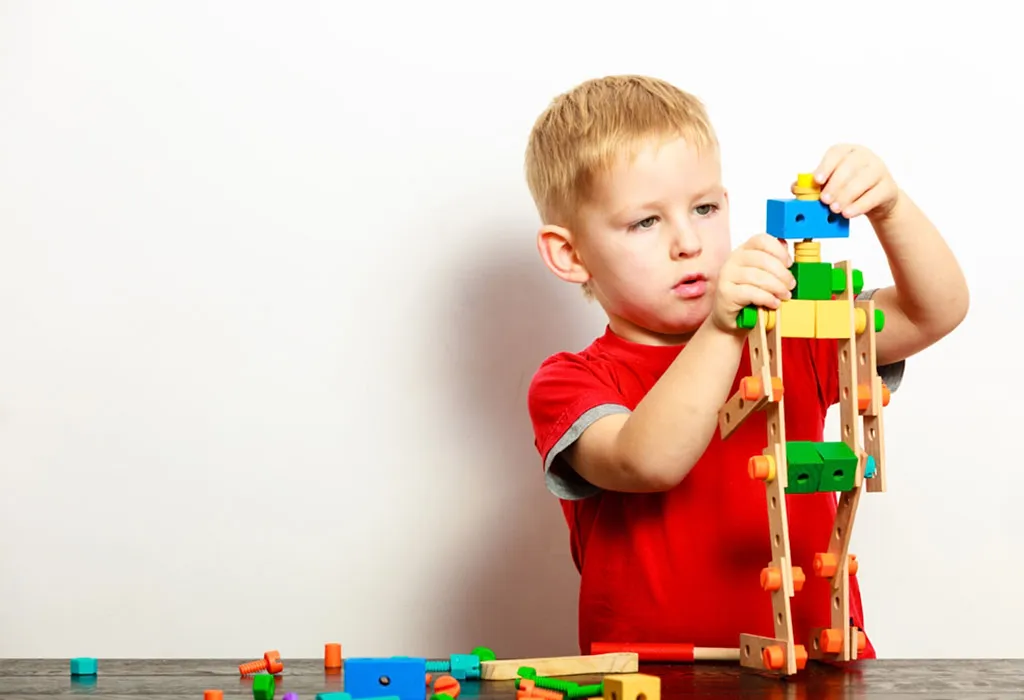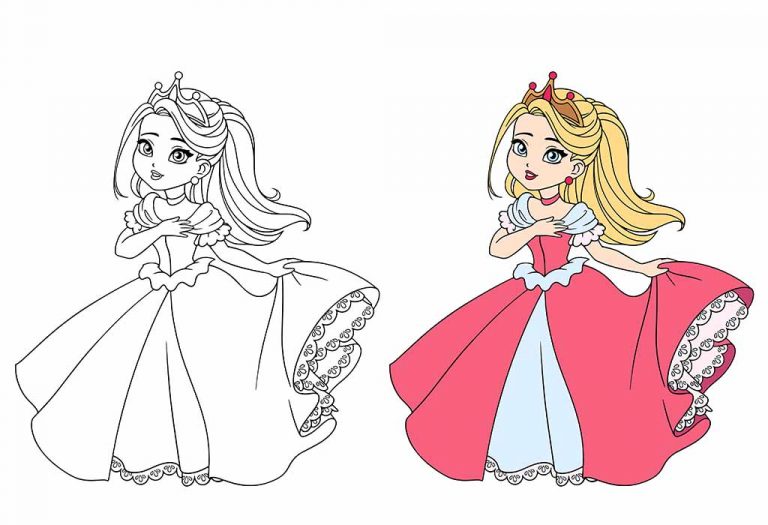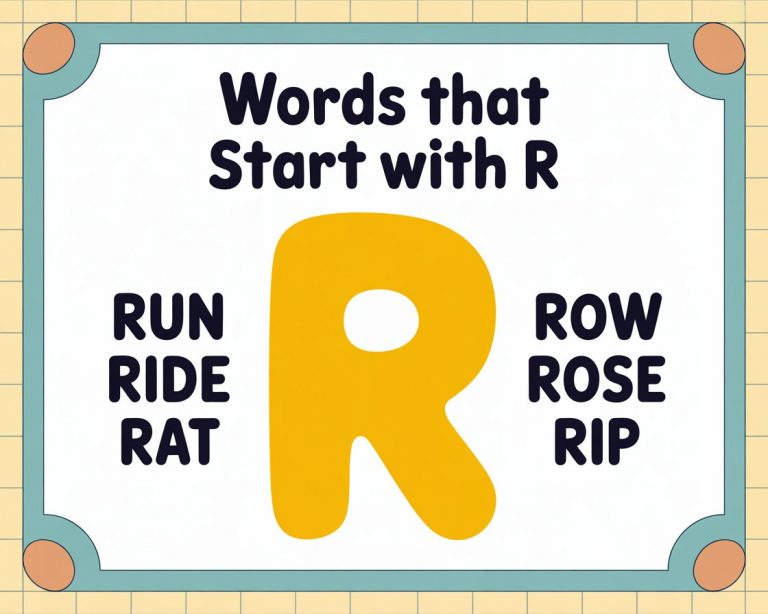What Is The Best Age To Start Preschool for Kids?
Deciding the best age to start preschool for the pearl of your eye is crucial and, hence, needs lots of thought and consideration on the parent’s part. Preschool is a foundation for a child’s educational journey, providing early learning experiences that can significantly impact cognitive and emotional growth. Determining the optimal age to begin this journey requires a balance between giving children the time to develop essential skills at home and introducing them to structured learning environments where they can thrive socially and academically. While most preschool age ranges typically include children between 3 and 4 years old, there is no predefined best age, as various factors determine the appropriate age to start preschool for your kid.
At What Age Should the Child Be Sent to Preschool?
Every parent faces the confusion of deciding the right age for their children to attend preschool. It is normal since, as a parent, you always want to give the best to your child. Most preschools will allow children of at least two and a half years of age to attend, but this practice, ipso facto, does not indicate that every child can attend preschool as soon as they reach this age. We all want a quick answer to this universal issue faced by every parent at some point in their life. However, there’s a need to understand that age is not the only factor determining the right age for preschool. Every child grows differently, not only physically but also socially and emotionally. Hence, all aspects should be considered carefully.
Is Your Kid Ready for Preschool?
Commuting to preschool means spending several hours away from you. In other words, your kid will need to practice certain basic self-care since you won’t be there to help him/her with his/her usual routine, such as washing hands after playing, drinking water, and sleeping alone.
You must check whether your kid is ready for preschool on all the fronts discussed above. They might be physically and emotionally prepared, but they still need to develop social skills. Going to preschool would mean interacting with other kids as well. Below are a few points that will help you decide whether your kid is ready for preschool.
- Self-Reliance: As your child embarks on preschool, self-reliance is expected. This includes basic skills like eating, drinking, using the toilet, and sleeping alone. Observing your child’s ability to handle these tasks independently is a key indicator of their readiness for preschool.
- Comfort With Others: It’s common for young children to feel uneasy in their parents’ absence, especially if they’ve always been there. However, if your child is comfortable with a babysitter or other trusted individuals, this is a positive sign that they can adapt to the social environment of preschool.
- Group Activities: Preschool has many group activities in which all the kids are required to participate together. Interaction with other kids will, of course, be a good step toward learning new things. However, such group activities might be tricky for kids under three years of age who are mostly in high spirits and adventurous. You can start introducing them to group activities if they have not been used to them.
- Physical Stamina: Preschool is a dynamic environment, with activities like art, field trips, and outdoor play. If your child is not yet at a level of physical activity or prefers frequent naps, it may indicate that they’re not quite ready for the active pace of preschool.
- Keeping a Standard Schedule: Kids tend to be more comfortable with a routine, and that’s why preschools usually follow a standardised timetable: circle time, playtime, snack, playground, and finally, lunch. If your kid does not follow the same routine, you need to work on it before they can start preschool.
- Solo Player: Apart from group activities, preschool has numerous individual tasks involving arts and crafts, which require good focus and concentration. If your kid enjoys working on his own on puzzles or drawing at home, it’s a good sign that they won’t have any difficulty at preschool either.
- Health Condition: Another factor to consider is your child’s health condition. Before you decide to send them to preschool, take a moment to think whether they are sensitive to infection or prone to getting sick easily. If your kid is vulnerable to infections such as ear infections or bronchitis, then it is better not to start them just yet.
- Follow Instructions: Check if your child can understand and follow simple instructions. This includes listening to teachers, following classroom rules, and participating in group activities, which are crucial for a successful preschool experience.
- Communication Skills: Evaluate if your child can express their needs, thoughts, and feelings verbally. Effective communication skills are essential for interacting with teachers and peers and participating in classroom activities.
Is Preschool Really Necessary for Children?
Even if your kid is ready for preschool, you should first consider whether they need a preschool. What’s your motivation behind sending them to a preschool? Is it because you want time for yourself? It might seem a viable option where both parents work and a daycare becomes necessary. However, if you need time for yourself or prepare them for kindergarten, alternatives are available, such as hiring a babysitter.
Benefits of Preschool for Kids
Preschool, a place of joy and learning, serves as a starting point to develop academic and social skills which will later be useful for your kids. Given below are few benefits of preschool, each one contributing to your child’s overall development and happiness.
- Helps in Social and Emotional Development: To learn, a child seeks good and warm care from their teacher. Building trust with people other than parents is a big step for a kid under three. A warm and caring environment created by the teacher will strengthen social skills in kids.
- Learn to Make a Choice: At preschool, kids are empowered to choose from a number of activities they are interested in. This early exposure to decision-making develops a sense of self-reliance and enables them to make their own choice, a skill that will be invaluable in their future.
- Learn to Be Independent: You do several basic activities for them at home, but at preschool, they do those things (eating, sleeping, washing hands, etc.) on their own, which makes them independent, and it’s again an excellent habit to develop.
- Helps to Acquire Language Skills: Preschool helps develop language skills. Children are surrounded by an environment rich in language, singing songs, reading books, and telling stories, all of which help them improve their communication and language skills.
- Prepares Them for Kindergarten: Preschool is a fun place that balances play time and academic learning to some extent. Kindergarten is more academic and requires a child to concentrate. Preschool helps your kid learn to focus through activities like circle time, story-telling, book reading, etc.
Ways to Prepare Your Child for Preschool
Preparing your child for preschool involves more than just getting them physically ready; it’s about ensuring they feel confident and comfortable in a new environment where they’ll learn and grow. Here are some effective ways to prepare your child for this exciting milestone:
- Visit the Preschool: Familiarise your child with the preschool environment by visiting the school beforehand. Show them classrooms and play areas, and introduce them to teachers.
- Establish a Routine: Create a daily routine that mimics the preschool schedule. This will help your child get used to structured activities such as circle time, snack time, and playtime.
- Practice Independence: Encourage your child to practice tasks like using the bathroom, washing hands, and dressing themselves independently.
- Read Books About Preschool: Read age-appropriate books about starting preschool to help your child understand what to expect and ease anxieties.
- Encourage Social Skills: Arrange playdates with other children to help your child develop social skills like sharing, taking turns, and playing cooperatively.
FAQs
1. Are there any drawbacks to starting preschool too early?
Starting preschool too early can be challenging if a child is not developmentally ready. Potential drawbacks include difficulty adjusting to the structured environment, increased stress or anxiety, and feeling overwhelmed by group activities. It’s essential to assess each child’s readiness individually.
2. Can starting preschool later (at age 4 or 5) still be beneficial?
Starting preschool at age 4 or 5 can still be highly beneficial. Children at this age may adjust more quickly to the school environment, have stronger social and communication skills, and be more independent. They can still gain significant educational and social benefits from the preschool experience, preparing them well for kindergarten.
Preschool has several benefits, and it can be fun for your child’s development. However, it is recommended that you consider all the factors mentioned to determine whether your kid is ready for preschool, as age alone is not the key to deciding the right age for preschool.
Also read:
Importance of Preschool Education for Your Kid
Preschool Vs Daycare: Which Is Good for Your Child?
Explaining The Concept of Part-Whole To Preschoolers
Nursery Admission Interview Questions for Preschool Child
Was This Article Helpful?
Parenting is a huge responsibility, for you as a caregiver, but also for us as a parenting content platform. We understand that and take our responsibility of creating credible content seriously. FirstCry Parenting articles are written and published only after extensive research using factually sound references to deliver quality content that is accurate, validated by experts, and completely reliable. To understand how we go about creating content that is credible, read our editorial policy here.























